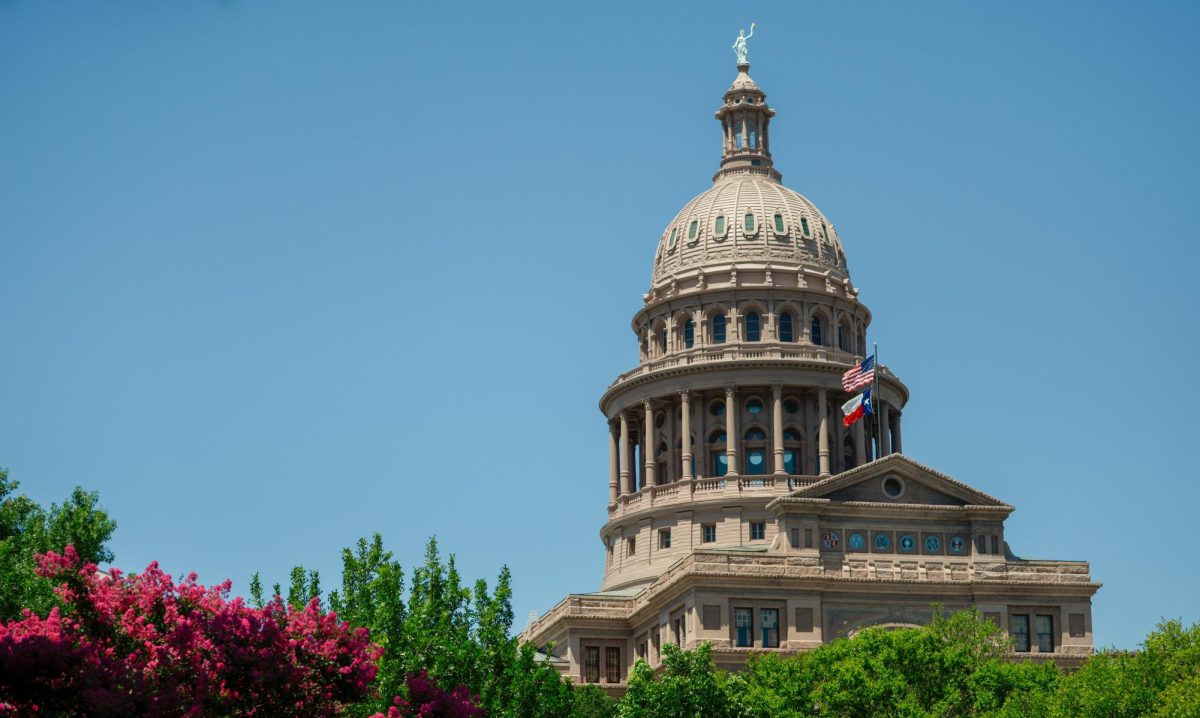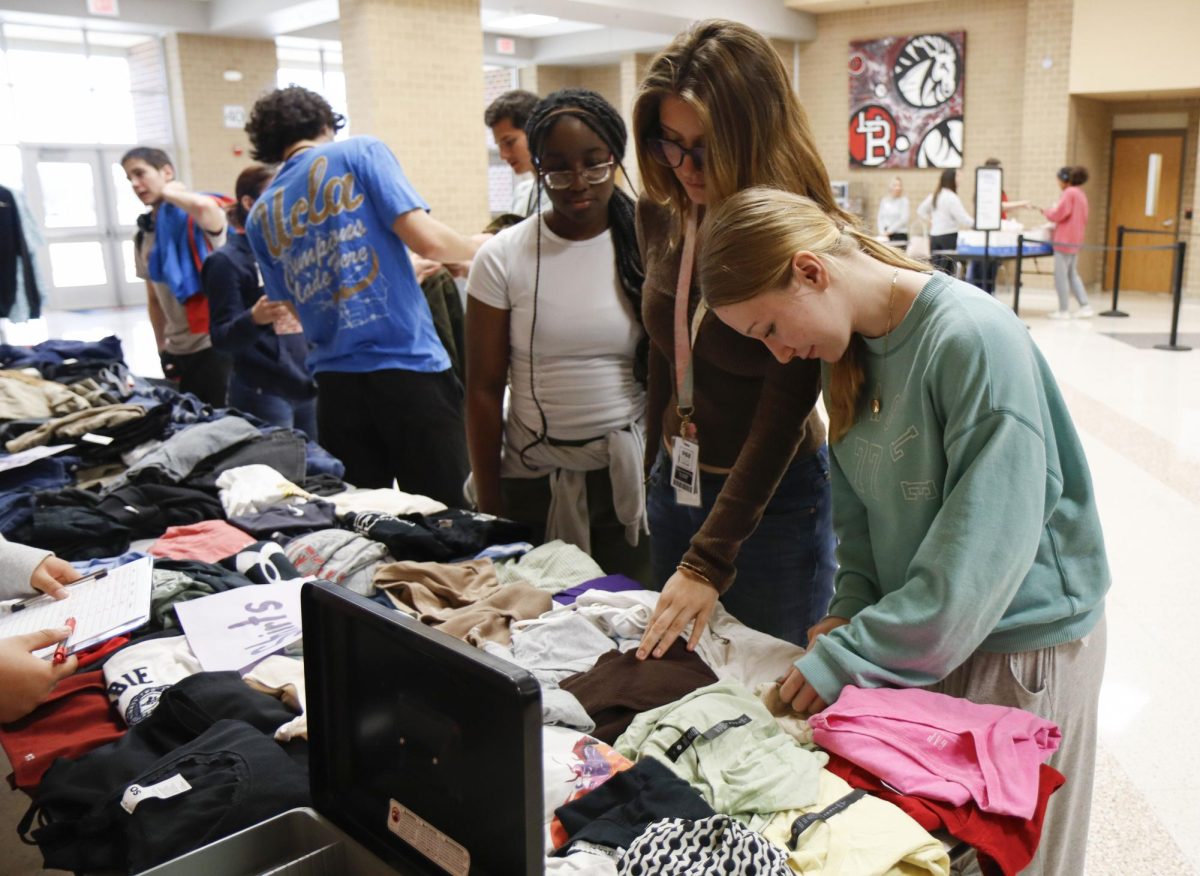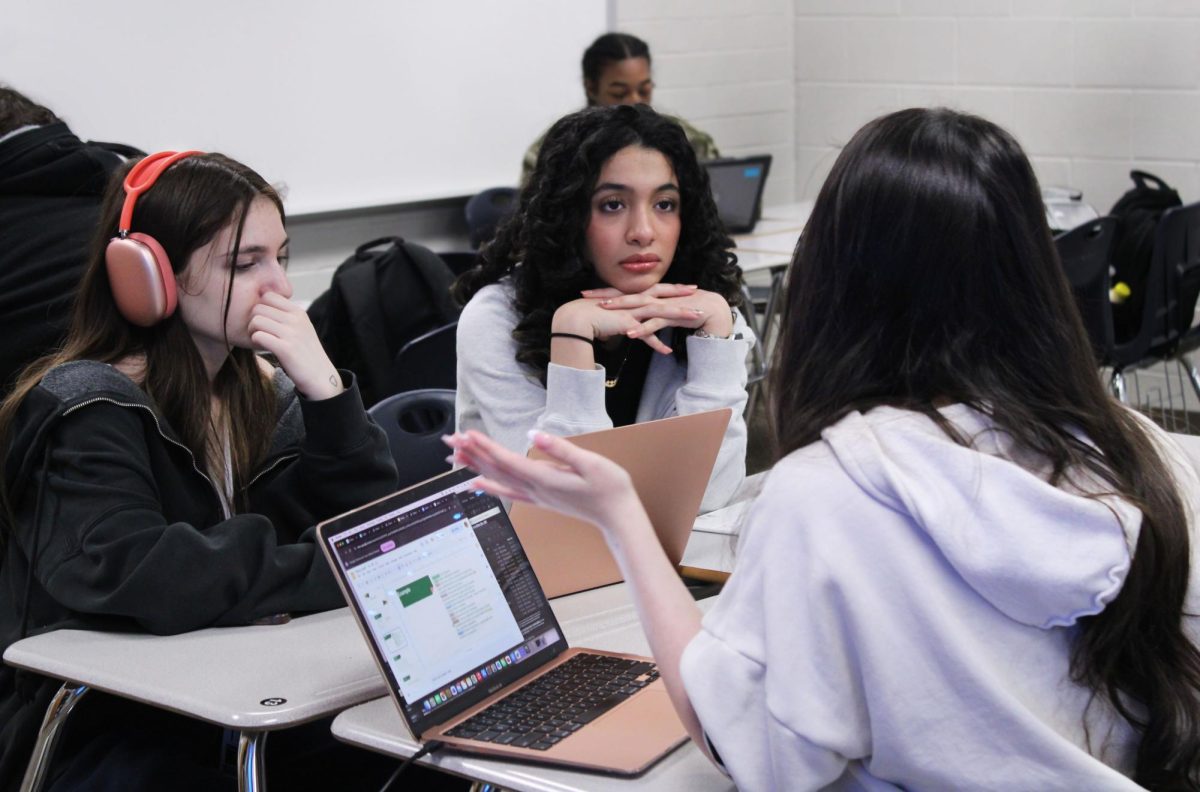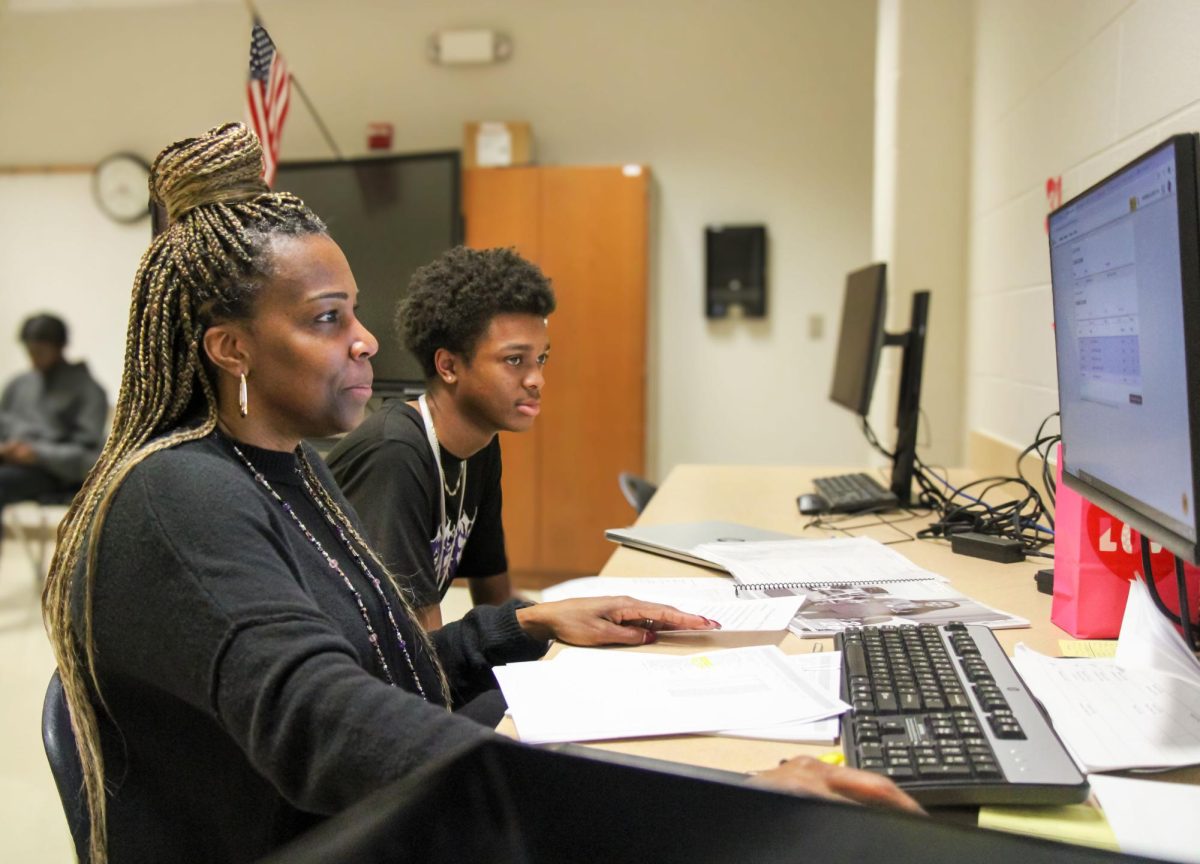“A bill that would create a school voucher program to let parents use state funds to pay for private schools — a longtime conservative goal and a big concern for public education advocates — was approved in the Texas Senate on [Oct. 12],” said Brian Lopez with The Texas Tribune.
School vouchers have been a nationwide debate between legislators and House and Senate members for years. The Republican-majority Texas Senate passed Senate Bill 1 on Oct. 12 and has since been passed to the skeptical House of Representatives. Many members of the House have long-opposed vouchers but are under intense pressure from Governor Greg Abbott to pass the bill. Abbott said school choice will allow parents to pick the best education for their children, but also deal with bullying or specific learning needs.
Senate Bill 1, authored by Sen. Brandon Creighton, R-Conroe, would create a type of education savings account that would allow families access to $8,000 of taxpayer money to help pay for private schools’ tuition, uniforms, textbooks and transportation. If passed into law, the Bill would allow almost every public school student to apply for the program, in addition to every student ready to enroll for Pre-K or kindergarten.
“Educating the next generation of Texans is a fundamental responsibility, and it is my belief that empowering parents with school choice will encourage competition, innovation and ensure that every student in Texas has the opportunity to find an educational path for their unique needs,” Creighton said in an interview with The Texas Tribune.
Sen. Brandon Creighton also introduced and passed Senate Bill 2, which would put $5.2 billion into raising Texas public school teachers’ wages because of rising inflation. The bill also includes a one-time bonus. Those in districts with 5,000 students or less would receive $10,000, and those with more than 5,000 students would receive $3,000. However, Governor Greg Abbott has said he will only pass Senate Bill 2 if the Senate Bill 1 voucher program gets passed first.
The main reason this bill is so largely controversial is a concern that it would take away from public school funding.
“This bill, if passed, would mean that any parent who chooses to withdraw their student(s) from MISD would get the allotted funds from the state to take with them,” Academic Associate Principal Stephanie Monajami said. “Ultimately, it would mean less funding for Mansfield ISD.”
There is also concern that if private schools receive funding from the state, the enrollment levels in those schools would decrease overall funding in certain districts based on socioeconomic status.
“I am a firm believer in and supporter of public education. I would love to see the state fund public schools at a higher level rather than shift the funds to other places,” Monajami said.
Because of the large concern, the bill aims to take the money out of the state’s general revenue and not the Foundation School Program, which is the main source of funding for Texas’ K-12 public schools.
Despite the backlash, Senate Bill 1 has many supporters who believe the bill is beneficial to students who have special accommodations as well as those in low-income areas of their city. Among these is Matt Burgy, Head of School at the Oakridge School in Arlington, TX.
“For me, the fundamental freedom to choose a school and its associated mission is paramount to ensure that parents and students are able to find the place where their educational goals, philosophies, and practices are commensurate with their values and beliefs,” Mr. Burgy said.
Supporters of the bill say students should not be pushed to go to an underfunded public school solely because of their zip code.
“A student who attends a district with a high degree of wealth through property has a higher chance of success simply because they are in a well-funded district,” Mr. Burgy said. “For me, at the end of the day, it is about creating choice and freedom for families who wish to explore other options for their children, and SB 1 creates an avenue for this.”
The bill has since gone to the Texas House of Representatives, however, because of a lack of support in the house, it might not get passed unless Governor Abbott further incentivizes it. The governor has promised a teacher pay raise if the bill passes. In the last budget session, Texas Teachers were the only state employees not awarded a raise. The special session of the House ends Nov. 7, so if a decision cannot be made by then, the bill will be dead.
“If the state does pass this legislation, I believe any private schools receiving funds from the state should also be held accountable to the same standards as the public schools.”










